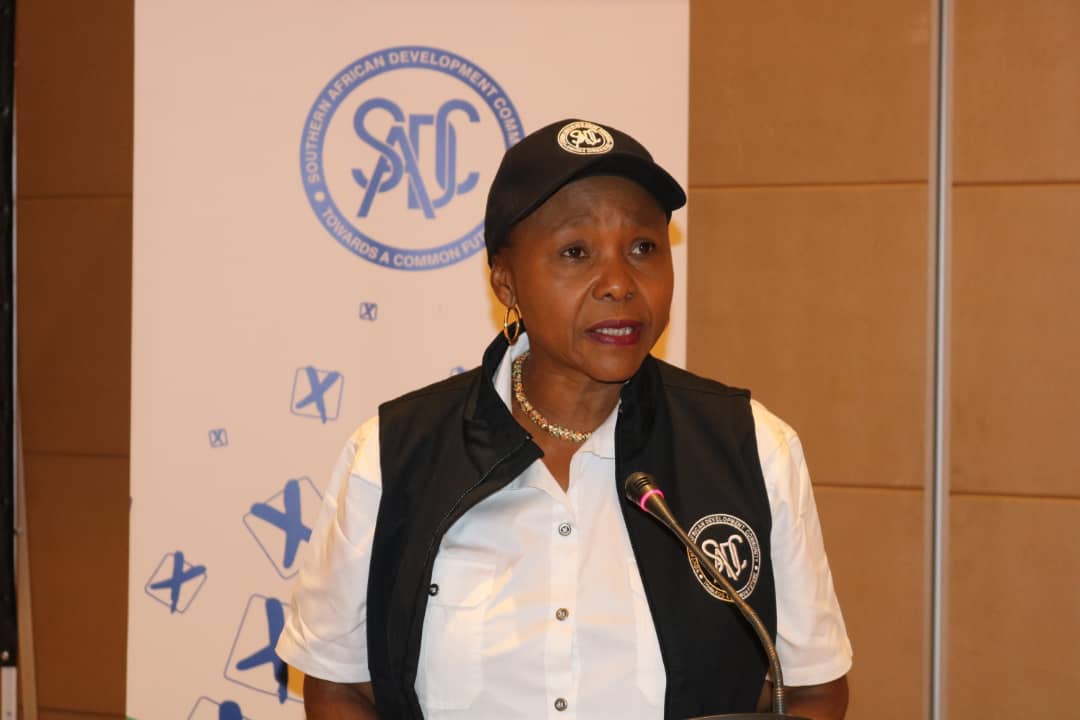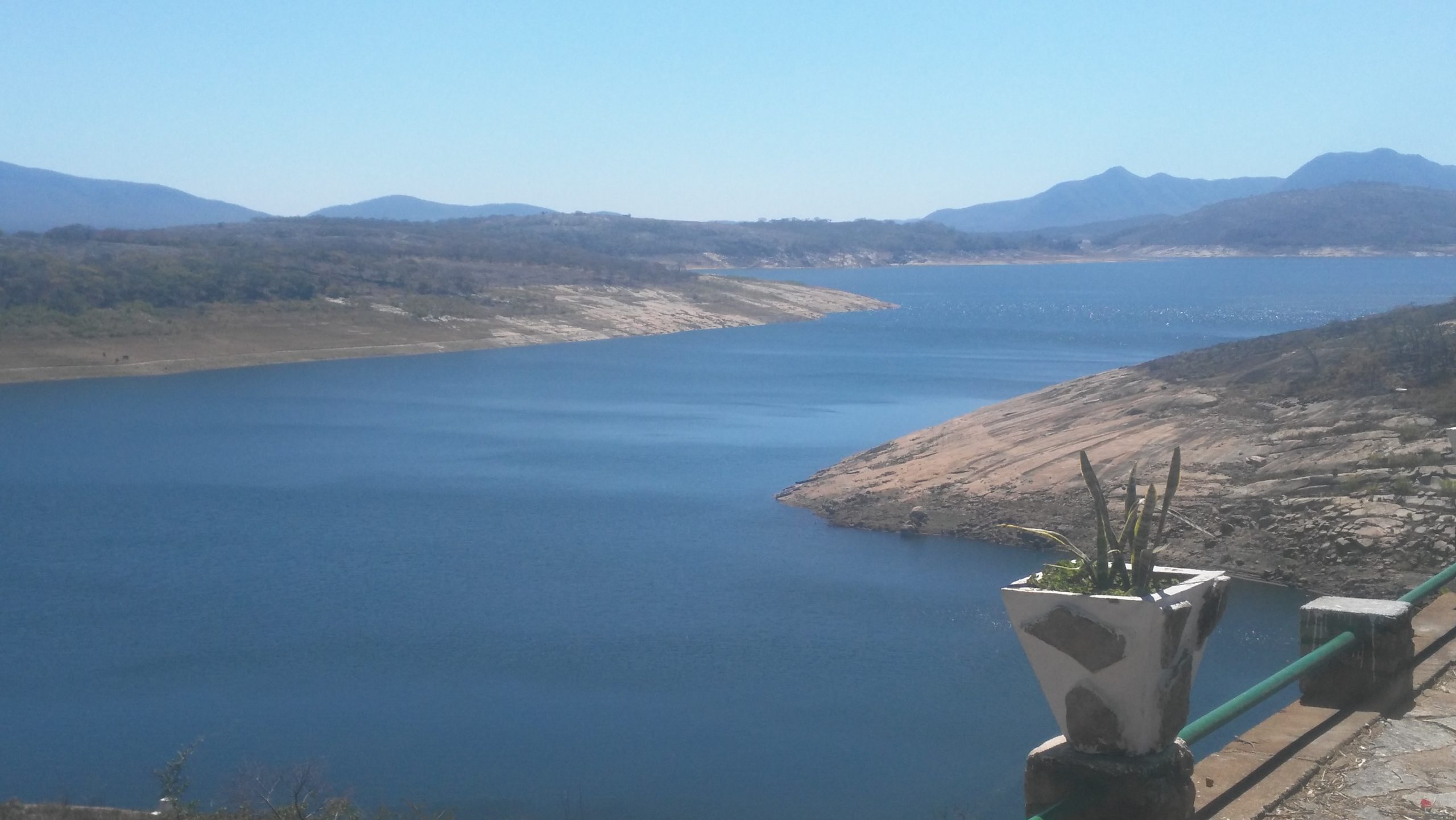Sharon Chigeza
MUTARE-In Nyamahumba Village 2B, a remote community in Nyanga district, a solar-powered borehole has sparked a remarkable transformation turn-ing water scarcity into food security, economic opportunity, and renewed hope.
Supported by the Zimbabwe Resilience Building Fund (ZRBF) with funding from the European Union and technical assistance from the United Nations Development Programme (UNDP), the initiative has empowered over 80 households primarily women-led to cultivate tomatoes, sugar beans, maize, and potatoes across a thriving two-hectare irrigated garden.
“Before this project, we walked more than five kilometres for unsafe water,” said Monalisa Kaphunye, Vice Chairperson of the Nyamahumba Community Garden. “Now, there’s peace in our homes. Even domestic conflicts have reduced.”
The project, piloted in 2024 under the Community Business Unit (CBU) model, integrates solar energy, irrigation, aquaculture, and climate-smart agri-culture. Four fishponds have been established, managed by a trained water us-er committee, while garden profits are reinvested in seeds, infrastructure, and vulnerable families.
Children no longer miss school to fetch water, women are launching small businesses, and youth are actively involved in managing the gardens.
For Annatoria Chimbuya, a grandmother, the impact has been life-changing.
“I now pay school fees and buy uniforms for my grandchildren,” she said. “We are no longer just surviving we are thriving.”
Neighbouring villages, inspired by Nyamahumba’s success, are advocating for similar projects. Plans are also underway to expand the water system to a near-by clinic and school.
“This is community-led resilience in action.When people are given the right tools, they become architects of their own development,” said Shupikayi Zimuto, UNDP Project Manager for ZRBF.
From hardship to prosperity, Nyamahumba’s story proves that sustainable so-lutions can turn scarcity into abundance, one drop, one harvest, and one opportunity at a time.












